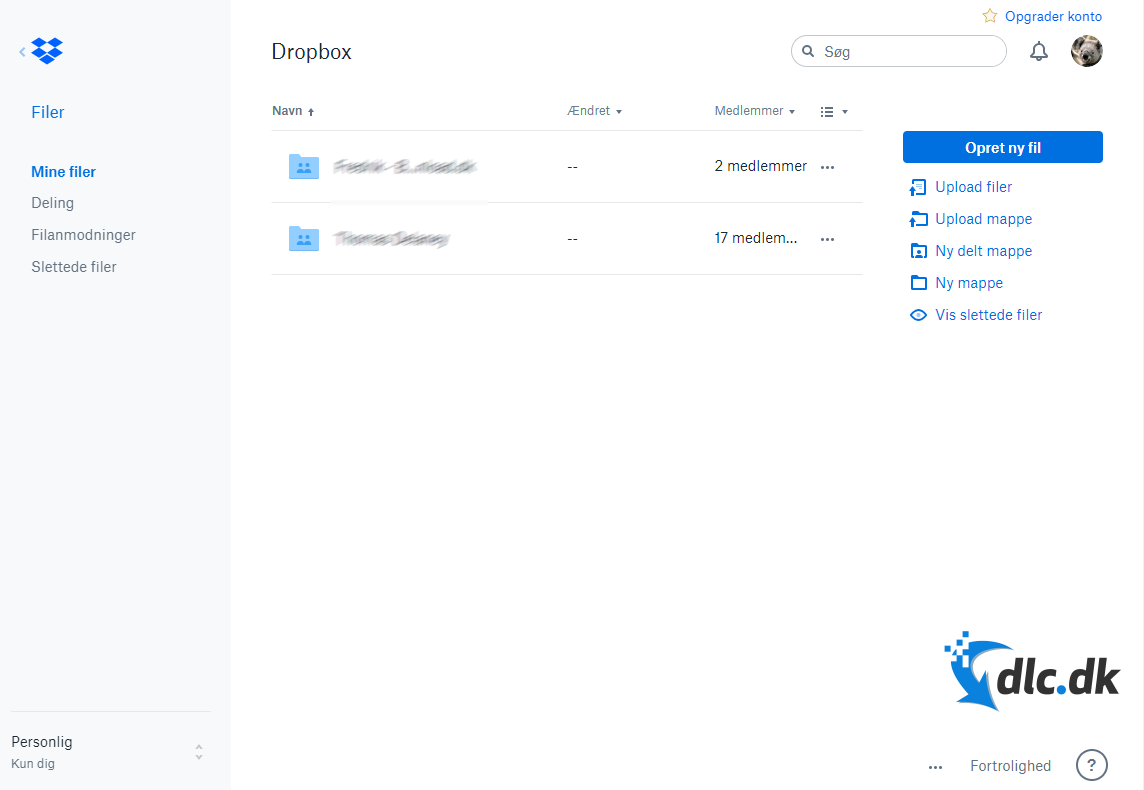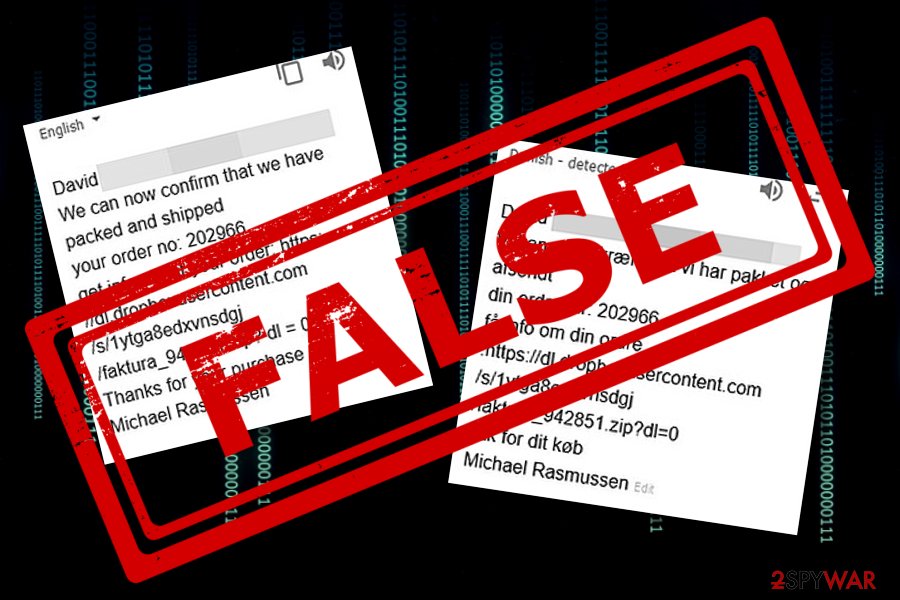


But, limit reading, watching or listening to such information to, say, 30 minutes a day especially if you find that you are researching compulsively. Limit your exposure to low-grade information on COVID-19 on social media. Most of us certainly don't need our anxiety levels whipped up.įamiliarise yourself with good quality information. This gives a sense of being informed. It's worth noting that exercise also increases the efficacy of the immune system. It doesn't take a lot - a brisk walk or a ten minutes of cardio exercise is enough.Īt the end of this emailI, I'll be giving you a link to a very helpful tool that can be used to lower your levels of anxiety.īut first, here are a few tips. Gym (You can make a makeshift gym at home)

Yoga (You can still do this at home with online guidance if necessary) Most of you have healthy ways of reducing anxiety already. Or we're overeating or abusing alcohol or drugsĪnd, having realised that we're overanxious, we need to take action. We have become irritable, restless or edgy We may only realise this when we notice that: Well, firstly, it's very important to become aware that our anxiety levels have climbed too high. So, it is very important in times like these that we manage our anxiety. If we're very anxious, we become immobilised, overwhelmed and rash in any decisions that we make. Too much anxiety leads to the inability to contemplate the facts carefully in a measured way and to make careful decisions. That having been said, too much anxiety is counterproductive. So, be kind to yourself if you're anxious. It is designed to motivate us to fight, to solve or to run away from the problem.

We're biologically programmed to get anxious when there is risk. Well, the first thing is to realise that anxiety is normal in a situation like this.


 0 kommentar(er)
0 kommentar(er)
